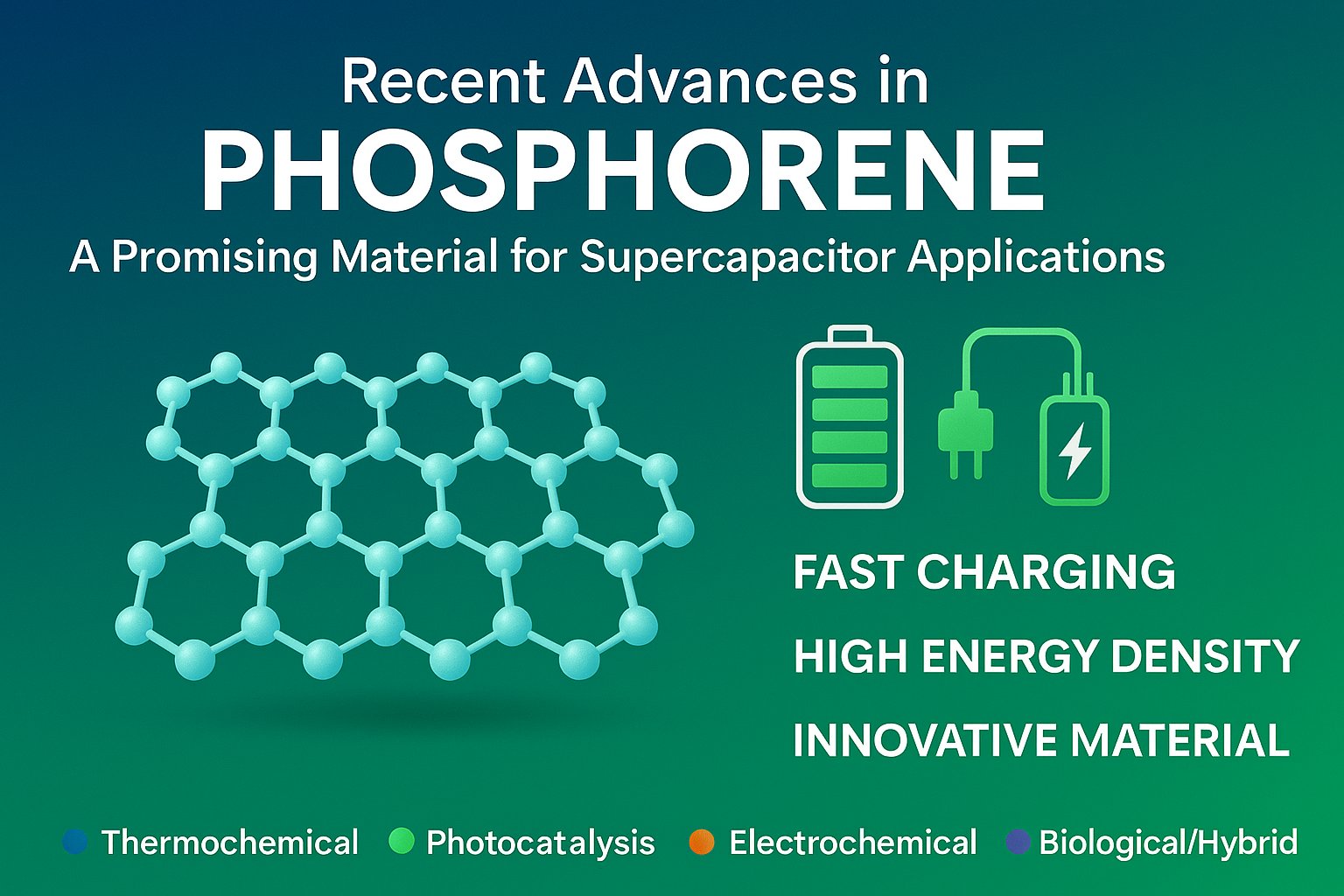Researchers from IIT Jodhpur have shown that plant-based microbial fuel cells, or MFCs, can generate more power from wastewater than algae-based systems. Such fuel cells can be easily built as artificial wetlands at any site where wastewater is collected.
Key Highlights
- Researchers from IIT Jodhpur have shown that plant-based microbial fuel cells, or MFCs, can generate more power from wastewater than algae-based systems.
- Such fuel cells can be easily built as artificial wetlands at any site where wastewater is collected.
- The generated power can be utilized to power small devices like LEDs in remote regions, the researchers said.
According to researchers at IIT Jodhpur’s Environmental Biotechnology Lab, plant-based microbial fuel cells, or MFCs, can generate more power from wastewater than algae-based systems.
Latent energy exists in organic waste items. Domestic garbage contains nine times the amount of energy that it takes to treat. According to a statement, there has been a worldwide interest in producing garbage from waste treatment energy.
At the cathode of the fuel cell, photosynthetic MFCs create oxygen from waste using algae or plants. Algae-based systems have received a lot of attention in recent years because they grow quicker and more efficiently than plants but are more sensitive to culture conditions. Plant systems are less efficient and take longer to create than algae-based microbial fuel cells, but they are more durable.
The two were evaluated in terms of pollutant removal efficiency and electrical energy generation efficiency. For the plant-based MFC, they employed Canna Indica, and for the algae-based MFC, they used Chlorella Vulgaris. Natural wastewater from IIT Jodhpur’s decentralized wastewater treatment plant was used in this investigation, which was carried out in the open air.
Plant-based MFCs are more suitable, according to the researchers, because they are more durable, stable, and produce a high power output.
This finding is significant since plant systems are underappreciated due to slower growth rates and more extensive area needs than microalgae-based systems. Nonetheless, it appears that the power output outweighs the previously mentioned issues.
Such fuel cells are simple to install as artificial wetlands in any site where wastewater is collected. The generated power can be utilized to power small devices like LEDs in remote regions.
The IIT Jodhpur team intends to investigate microbial fuel cells further to achieve MFCs’ promise in wastewater treatment and alternative power generation.







[…] IIT Jodhpur researchers use plant-based microbial fuel cells to generate electricity from wastewater […]